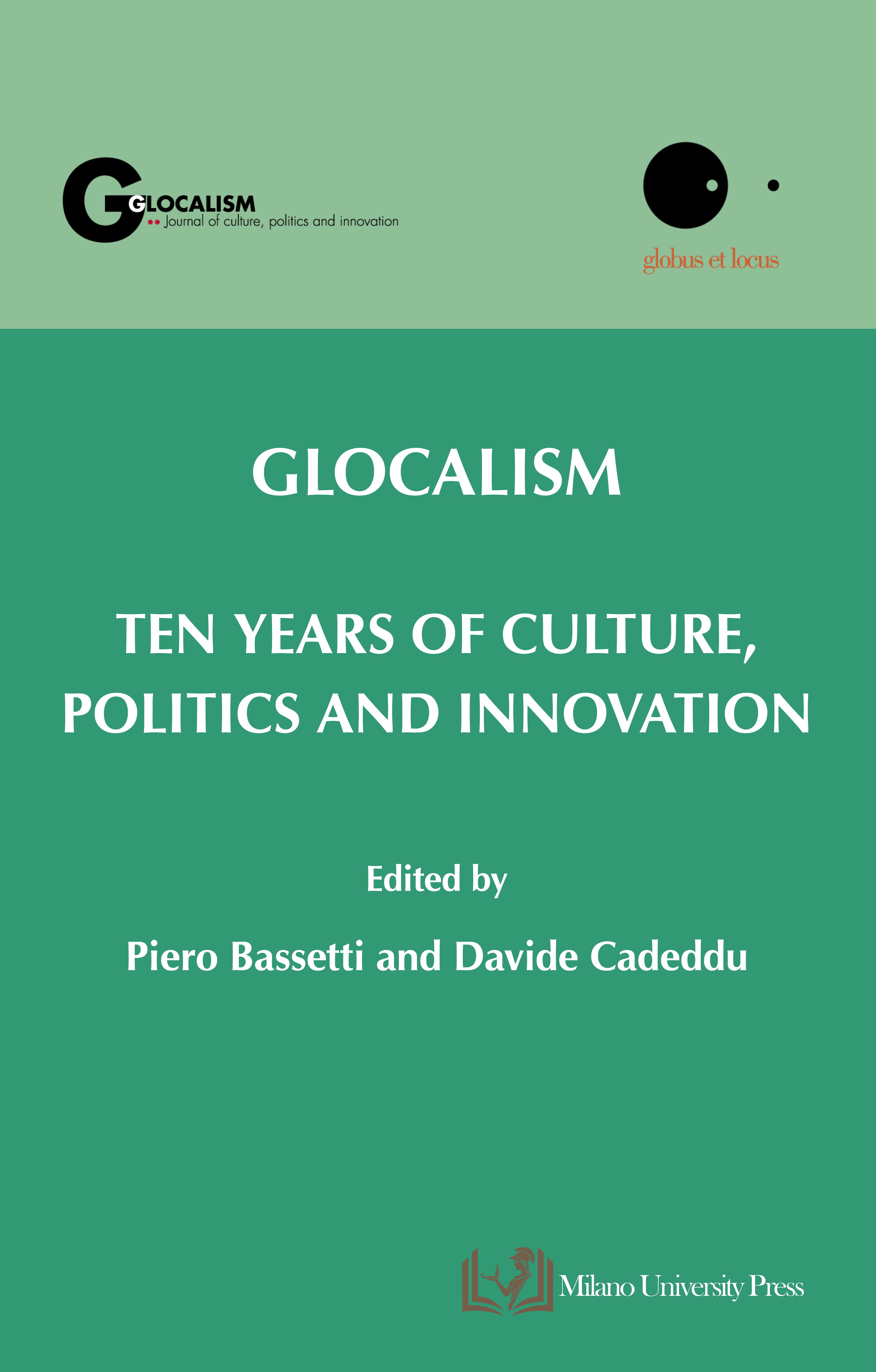FOOD SECURITY AS A PUBLIC POLICY CONCERN IN INDIA AMIDST THE 2030 AGENDA: A HISTORICAL TRAJECTORY
DOI:
https://doi.org/10.54103/gjcpi.2024.22790Keywords:
Covid-19, deprivation, food security, sustainable development goals, vulnerabilityAbstract
The paper provides a historical perspective to understand food security at the global level and in the Indian context. It explores how food security in India evolved into a significant public policy concern through the implementation of the National Food Security Act (2013) and other key policy measures. When examining India’s policy focus on food security, a shift has occurred from primarily concentrating on the overall national availability of grains to a more nuanced emphasis on household and individual-level nutrition security. This shift is thoroughly examined in the study. As for methodology, it is primarily descriptive in nature and involves secondary data analysis. The paper follows a systematic literature review to gain insights into food security as a key policy concern, examining it through the lens of the Agenda 2030 achievement. The paper also seeks to comprehend the breadth of literature and research related to global food security, with a specific focus on India. The study firmly argues that the success of the 2030 Agenda hinges on its implementation and the reach of the final beneficiary. Ensuring the availability, accessibility, affordability, and optimal nutritional utilization of resources is critical to achieving this success. This outcome is inherently linked to India’s capacity to garner support for both the established goals and the appropriate methods of execution.

Downloads
Published
How to Cite
Issue
Section
License
Copyright (c) 2024 PRAVEEN KUMAR KOLLOJU, NAVEEN KOLLOJU, NAVEEN SIRIMAN

This work is licensed under a Creative Commons Attribution-ShareAlike 4.0 International License.











